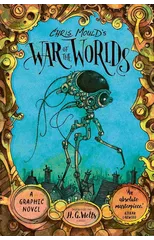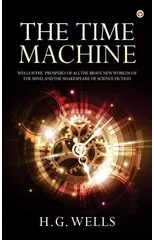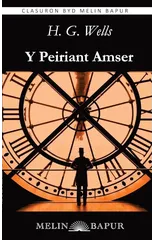Though this novel was first published in 1926, with a preface strenuously denying that it was anything but a work of fiction, William Clissold is nevertheless a character whose thought and background is so thoroughly documented in the work that the reader cannot help identifying him to some extent with Wells himself (so much so that Wells's agent feared a libel case on its original publication). This is not such a fault in an author as interesting as H. G. Wells, as Conrad Aiken remarked: 'As a survey of the modern world from a 'liberal' point of view ... The World of William Clissold is impressive. The range of Mr Wells's mind is encyclopaedic. He covers everything, he leaves nothing out - his novel is a 'liberal' education in itself.' Wells later admitted in An Experiment in Autobiography that the book was indeed a self-dramatization. The protagonist intends to make a fresh start for himself, and also for the world. And in his intentions we see Wells, the great socialist utopian's own ideal of progress, as he conceived it at this point in his developing thought. This is H. G. Wells's most monumental effort in novel-writing and appears in Faber Finds in three volumes.
H.G. Wells
H.G. Wells was a prolific English writer best known for his science fiction novels. His most notable works include "The War of the Worlds," "The Time Machine," and "The Invisible Man." Wells' writing style was characterized by his imaginative storytelling, social commentary, and exploration of scientific concepts. He is often credited with popularizing the science fiction genre and influencing future writers in the field. "The War of the Worlds" remains his most famous work, depicting a Martian invasion of Earth and exploring themes of imperialism and the resilience of humanity. Wells' contributions to literature have had a lasting impact on the genre of science fiction and continue to be celebrated to this day.





